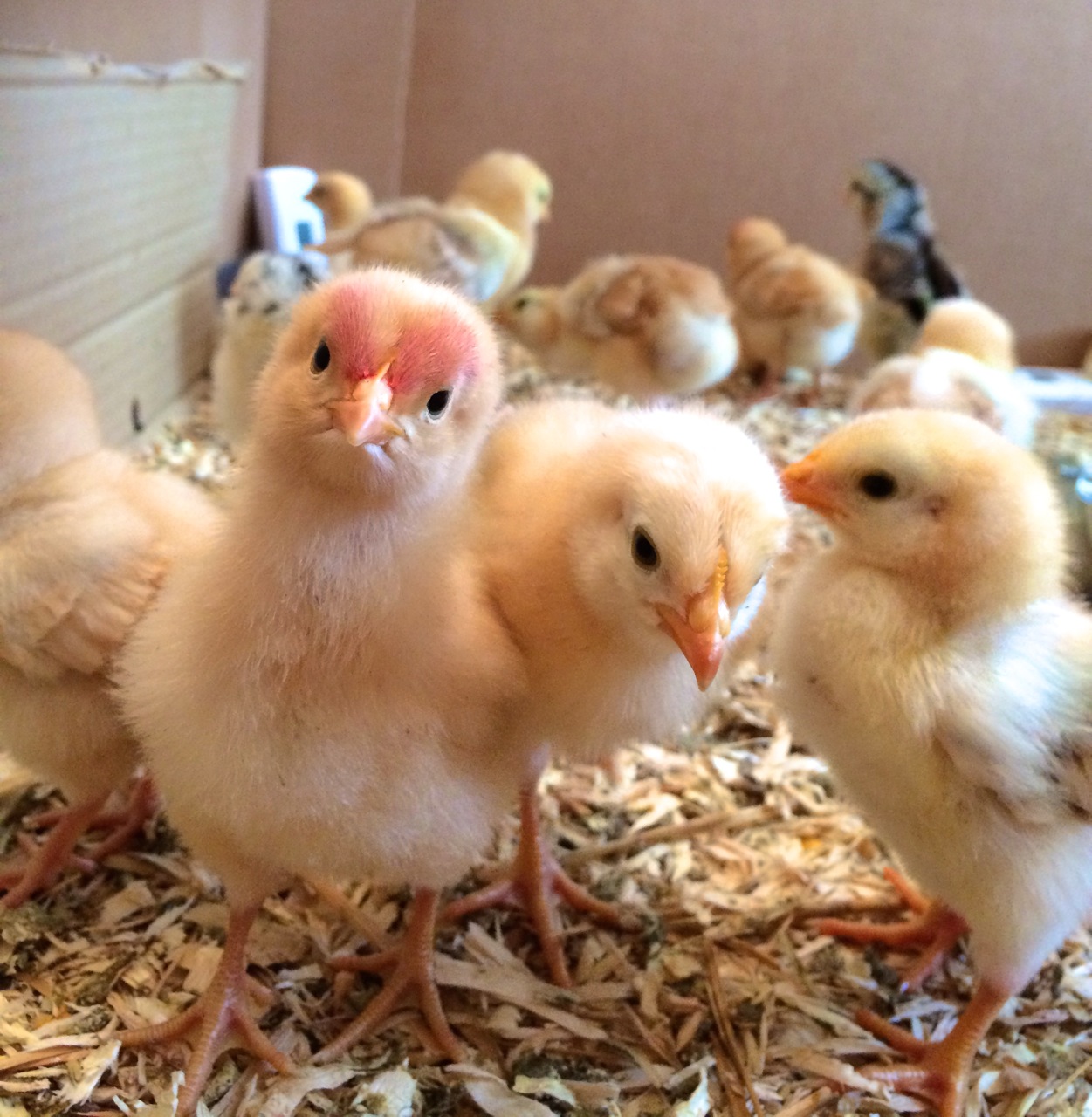You are using an out of date browser. It may not display this or other websites correctly.
You should upgrade or use an alternative browser.
You should upgrade or use an alternative browser.
D&D General What does the word “dire” mean to you?
- Thread starter Morrus
- Start date
CleverNickName
Limit Break Dancing (He/They)
In D&D, dire = extra chompy boi
So 'dire bear' means an extra chompy danger floof, and 'dire skunk' means extra chompy fart squirrel.
So 'dire bear' means an extra chompy danger floof, and 'dire skunk' means extra chompy fart squirrel.
Jacob Lewis
Ye Olde GM
Money for nothing and your chicks for free.


MarkB
Legend
When I look at the options in your poll and none of them resonate with me as a true and accurate interpretation of the word "dire", that's not just pedantry.I think the explanation makes it clear what’s meant. This isn’t intended to be an exercise in pedantry.
Theo R Cwithin
I cast "Baconstorm!"
I'm pretty sure dire actually means "MOAR SPIKES!!!"
(Oh, and I voted the first option!)
(Oh, and I voted the first option!)
Marandahir
Crown-Forester (he/him)
The British meaning arises from the negatively of sayings like, "Dire straits" or "the news is dire" (perilous).
Dire wolves are perilous wolves. There's no real divide, just a divide of common use.
Dire wolves are perilous wolves. There's no real divide, just a divide of common use.
Similar Threads
- Replies
- 8
- Views
- 3K
- Replies
- 154
- Views
- 30K
- Replies
- 17
- Views
- 3K
- Replies
- 316
- Views
- 53K
- Replies
- 10
- Views
- 8K
Recent & Upcoming Releases
-
June 18 2026 -
October 1 2026


